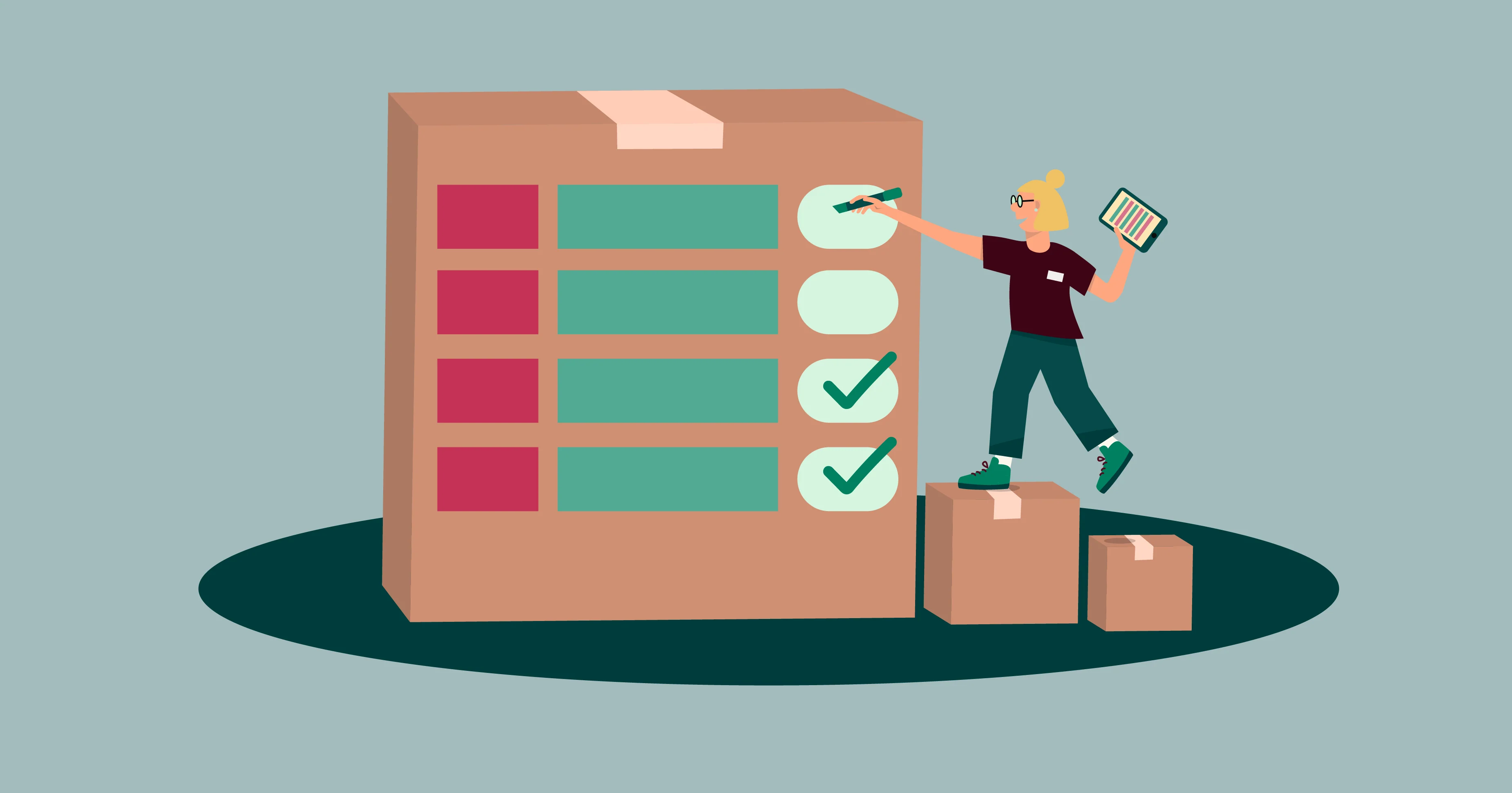Inventory
Inventory has bulk system for any country

Airline ticketing is not as simple as it may seem to passengers. It is a complex process that involves many systems, interactions, and regulations. This article aims to explain how ticketing works, what a ticket is, which accreditations an agency should have in order to issue tickets, and how to sell flight seats without having major certifications.
What is an airline ticket?
An airline ticket is a document granted by a carrier or travel agency to a passenger as a confirmation that a person has bought a seat on a flight. It can exist in two forms — paper and electronic (e-ticket). Today, you’ll most likely deal with a digital version, while hard copies are becoming museum artifacts.
No matter the form, the air ticket performs several important functions.
- It seals the deal between a passenger and an airline, establishing rights and responsibilities on both sides. The ticket documents whether and under what conditions a passenger can modify an itinerary, cancel a flight, or receive a refund.
- It serves as a travel document, ensuring that an airline will provide a seat and services included in the fare for a ticket owner. On the other hand, carriers use a document as a source of information about the passenger and the booking.
- It manages relationships between multiple airlines involved in one journey (if this is the case). To be more precise, it outlines the responsibilities of the validating carrier which issued the ticket and the operating carrier or carriers which perform the flight.
Speaking of flights, conducted by several airlines, only one of them owns a ticket at any given moment. This possession makes the airline responsible for the passenger and updating their status (checked-in, boarded, flown, etc.)
Airline ticketing process
Airline ticketing is the final stage of the complex flight booking process. For a passenger, who buys the flight via a website, it may seem like a single flow since everything goes so smoothly and fast. But in fact, there are three separate steps, each consisting of multiple procedures.
Flight search
The first step is the flight search that can happen on different platforms — airline web pages, online travel agencies, or metasearch engines.
Airline web pages. When a passenger searches for a flight on an airline’s website, the query is sent directly to the carrier's central reservation system (CRS), without any third parties involved. The CRS returns the list of available options for required dates. Pretty simple and straightforward! Yet, more often than not, the choice will be limited to flights of a particular airline and its partners.
Online Travel Agencies. If you want to compare offers from numerous airlines or plan a multi-leg itinerary, Online Travel Agencies (OTAs) are what you need. They source flight data from Global Distribution Systems (GDSs), air consolidators, and partner carriers. Most OTAs rely on a booking engine technology to prioritize results according to business rules and apply pricing markups before displaying airfare deals to end users.

